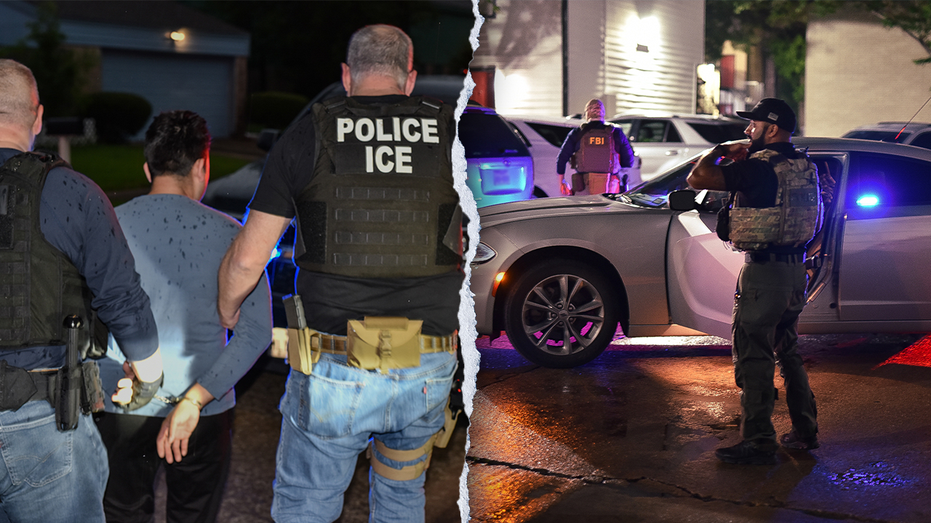ICE Conducts Major Texas City Raid Deporting Child Predators, Gang Members, and Human Traffickers
ICE deports 142 criminal illegals, including predators and traffickers, in Houston over two weeks.

In a significant development highlighting the ongoing challenges at the U.S.-Mexico border, federal immigration authorities announced the deportation of 142 criminal non-citizens from the Houston area back to Mexico over a two-week period in late May. This group included individuals convicted of severe crimes, such as child exploitation, gang activity, human trafficking, and other violent offenses.
Between May 19 and May 30, the individuals removed had amassed a staggering total of 473 criminal convictions and had illegally re-entered the United States a combined 480 times. The list of those deported includes 11 convicted child predators, eight recognized gang affiliates, and one person who had illegally entered the country on 21 separate occasions. Additionally, serious convictions among those deported involved 43 aggravated assault and domestic violence cases, 48 drug-related felonies, 22 incidents of human trafficking or smuggling, and at least one instance involving threats of terrorism.
The details released shed light on the persistent concerns surrounding border security and public safety. Notably, individual cases underscore the severity of the offenses: Alejandro Aguilar Vazquez, a 45-year-old from Mexico, was convicted three times for cruelty toward a child. Luis Angel Garcia-Contreras, a 40-year-old Surenos 13 gang member, has illegally entered the U.S. 21 times and faces multiple convictions for illegal entry. Another Mexican national, Benito Charqueno Zavala, was found guilty of continuous sexual abuse of a child.
Bret Bradford, Field Office Director for ICE Enforcement and Removal Operations in Houston, emphasized the broader pattern this operation reveals. "Unfortunately, this is not an anomaly," Bradford stated, warning that insufficient deterrence in recent years led to a surge of illegal entries, including many with violent criminal backgrounds. He noted that Texas's extensive border—over 60% of the U.S.-Mexico boundary—makes it especially vulnerable to these trends, affecting communities across Southeast Texas.
“This is just a small snapshot of those efforts as it only focuses on deportations to one country over the course of a two-week period, but it gives you an idea of how big this problem really is,” Bradford explained, alluding to the much larger scope of criminal aliens present throughout the country.
Ammon Blair, a senior fellow with a Texas-based policy organization, characterized the removals as only a fraction of the wider issue gripping not just Texas but the entire nation. He cited data indicating that approximately 650,000 criminal non-citizens remain on ICE’s Non-Detained Docket, many of them able to move freely within American communities. Blair stressed, “Texas has become the front line in this crisis, not just geographically, but constitutionally,” noting that nearly 100 counties have enacted disaster declarations or formally declared an invasion due to the impacts of cartel operations and repeated releases of violent offenders.
State officials echoed these concerns, framing the situation as a matter of urgent public safety rather than policy debate. A spokesperson for Texas Governor Greg Abbott signaled support for intensified enforcement actions and praised renewed focus on deportation efforts. “President Trump’s deportation efforts are making Texas safer,” he said, commending the current administration’s commitment to upholding immigration law and reinforcing the importance of federal-state cooperation in protecting local communities.
As authorities continue to grapple with complex border security issues, officials warn that the figures reported from Houston represent only a “sliver” of the larger challenge facing law enforcement nationwide. With ongoing debates around enforcement and sanctuary policies, the spotlight remains firmly fixed on Texas as both a critical gateway and a key battleground in the broader effort to address criminal activity linked to illegal immigration.




